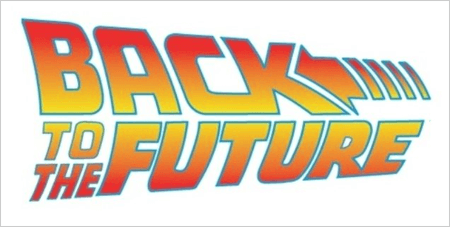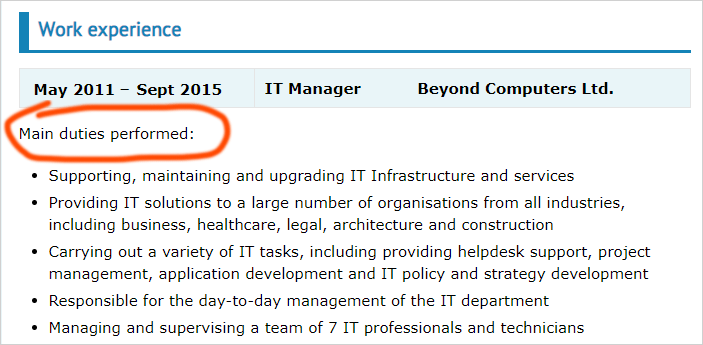 Sobhan Mohmand, Career Expert
Sobhan Mohmand, Career Expert  29 Jan 2020
29 Jan 2020

What on earth can the movie Back to the Future have anything to do with your CV?
It seems that like Marty McFly, many applicants are also confused about the past and present.
I’m going to share with you a quick hack that can immediately improve the impact of your CV and it is related to the correct use of verb tenses.
Don’t worry; this is not going to be a remake of those horrible language classes that you had to endure when you were younger!
Let’s get to the basics and refresh our memories.
Verbs come in three tenses; past, present and future.
For the purposes of writing your CV, we are only interested in the past and present tenses while ignoring the future tense.
Below are some quick tips to enhance your CV by using the verb tenses correctly:
The majority of applications use verbs (for example “work”) in their present participle (ending with -ing: “working“) rather than in its past participle (e.g. ending with -ed: “worked“) when referring to their previous job responsibilities.
Here are some typical examples of what applicants write on their CVs:
That doesn’t look too bad, right?
Now, let’s rephrase these verbs into the past tense and behold the magic:
The past tense is incredibly powerful because it actually gives the impression that you have really achieved something. It tells the recruiter: I have taken care of it. It’s finished. It’s done and dusted!
A weaker form of writing on your CV is to use the present tense such as “directing”, “designing”, and “investigating.”
These phrases can make the recruiter wonder; “have they actually achieved it?”, “Did they complete the task?” or “Was it a half-baked job?”
Instead, replace them with the past tense; “directed”, “designed”, and “investigated.” – Doing this gives your CV that authoritative-punch which it so dearly needs.
If you do not wish to write your previous job’s entries in the past tense, you can write “Main duties performed” at the top of your entries:

This format is not as strong as using the past tense for all job entries.
Whichever approach you take, these little things matter and can indeed enhance and strengthen your CV subconsciously without realising it.
Good luck!